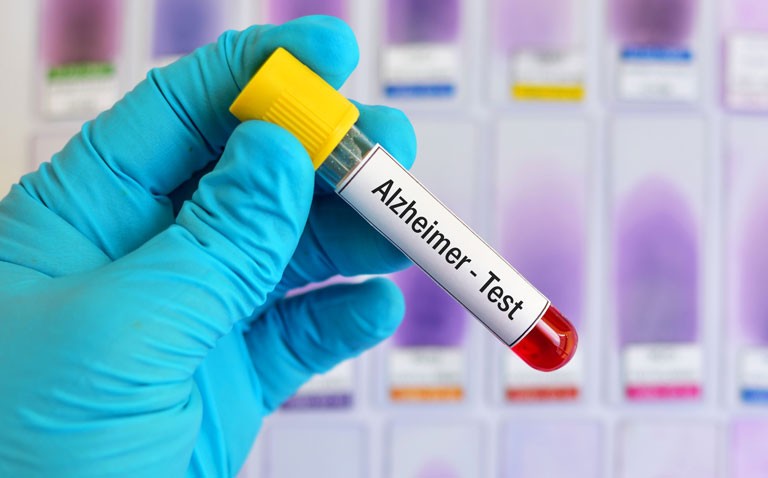Through a unique set of plasma biomarkers, it is possible to identify Alzheimer’s disease and its different stages.
An evaluation of Alzheimer’s disease biomarkers through either invasive cerebrospinal fluid protein sampling or costly positron emission tomography is not amenable to widespread population screening for the disease. While recently, blood biomarkers such as plasma phosphor-tau217 can discriminate Alzheimer’s disease from other neurodegenerative diseases, further work is needed to optimise these assays. Moreover, it remains uncertain whether the current plasma biomarkers capture the complete signature of the Alzheimer’s blood proteome and are able to delineate between the different stages of the disease. With the development of proximity extension assays that enable high throughput for the detection of protein biomarkers in a liquid sample, a team from the Division of Life Sciences, The Hong Kong University, China, decided to examine the protein profile obtained from patients diagnosed with Alzheimer’s and compared this with healthy controls. All of the participants underwent a number of cognitive and functional assessments and anyone with a significant neurological disorder were excluded.
Findings
The researchers identified 429 plasma proteins that were dysregulated in those with Alzheimer’s disease but narrowed this down to a set of 19 protein biomarkers that were representative of the Alzheimer’s signature. Furthermore, only patients for whom these 19 proteins were present were included in the subsequent analysis. The accuracy of this set of 19 proteins at identifying patients with Alzheimer’s disease was assessed by calculating areas under the curve which was 0.96, i.e., using these 19 proteins as a biomarker had an accuracy of 96% in distinguishing Alzheimer’s from healthy subjects. The researchers also found that changes in levels of seven proteins that were associated with specific Alzheimer’s disease stages. For example, NELL1 and hK14 secreted from the brain, start to become dysregulated in the earliest stage of the disease. This is followed by dysregulation of two more, LYN and PRKCQ and finally LKL4, for which dysregulation only occurred in the late stage where patients had severe cognitive deficits. Again, the area under the curve for these seven proteins was 0.975 (i.e., 97.5% accuracy).
The authors noted however, that this was only preliminary work and that replication studies with large patient cohorts are required to confirm their findings. Future work also needs to ensure that the 19 protein biomarker profile is specific to Alzheimer’s disease and not merely a marker for any other neurodegenerative condition. They concluded that this early work should serve as the foundation for the development of blood-based screening for, and monitoring of, Alzheimer’s disease within a clinical setting.
Citation
Jiang Y et al. Large-scale plasma proteomic profiling identifies a high-performance biomarker panel for Alzheimer’s disease screening and staging. Alzheimer’s Dement 2021










